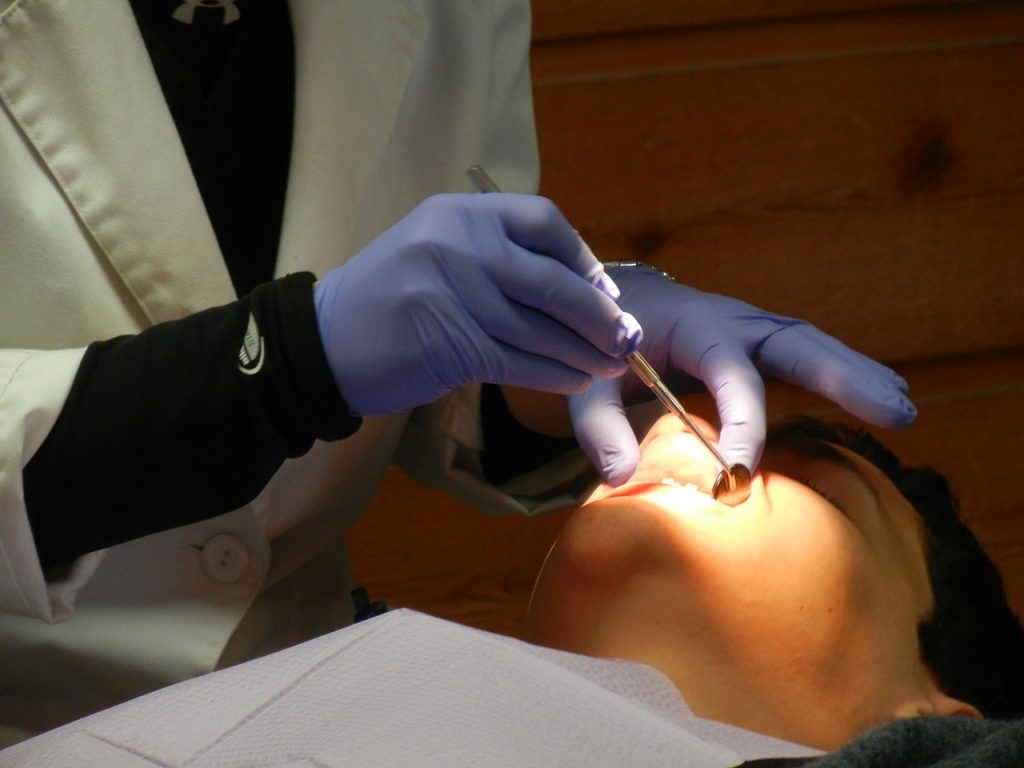It is important to replace teeth that have been knocked out in the event of an accident or injury, or due to neglect or disease, so that further complications do not arise later down the track.
Such complications include remaining teeth moving and shifting, bite, speech and eating impairments, self esteem issues and poor nutrition, to name a few.
Once a doctor has spoken to their patient about their personal circumstances regarding the health of their mouth, they will suggest all of the potential options that one has to choose from in terms of replacing their teeth. Every option comes with many advantages and some potential disadvantages that the patient must weigh up in order to make an informed decision that is right for them.
Dental implants in Melbourne frequently top the list of options for patient and dentist as they are extremely successful and can be offered to almost all patients. They are also a permanent option, which ultimately reduces the effort on the part of the patient and can last for many decades when cared for correctly.
How do they work?
By inserting a titanium rod directly into a precise location in the jaw bone, dentists are able to accurately place a replacement tooth in the most comfortable and functional place possible. They do this with the use of digital scanners, just another of the advances in technology in many dental practices that allow for faster and more accurate diagnosis.
The dentist will perform a minor surgical procedure to place the titanium rod into the jaw and, depending on a patient’s physical situation, a temporary or permanent tooth can be immediately placed onto the rod for aesthetic purposes.
Otherwise, the site needs to heal before a permanent crown or bridge can be created for the patient. The dentist will perfectly blend the colour, shape and size of the replacement tooth with the surrounding natural teeth to create an even and natural looking smile.
It will take several weeks for the site to heal and for a patient to feel comfortable using their replacement tooth as it is intended. After healing, full functionality of the mouth can return for the patient, allowing them to bite and chew like they would with their natural teeth.
Why would a patient get this treatment?

There are numerous advantages of getting Dental implants, many of them universal for most instances. The longevity of the treatment means that many patients can enjoy life, knowing that it is very unlikely they will need to undergo further treatment down the line.
The permanent nature of this treatment also allows patients to ultimately forget that they have lost a tooth, as they do not have to remove their teeth nightly or treat their replacement teeth differently to their other teeth.
They do need to ensure that the site of the implant is appropriately cared for and cleaned by a professional, but this can easily be done during routine hygienist appointments that are recommended for general oral health.
Any surgical or invasive procedure carries risks. Before proceeding you should seek a second opinion from an appropriately qualified health practitioner.
